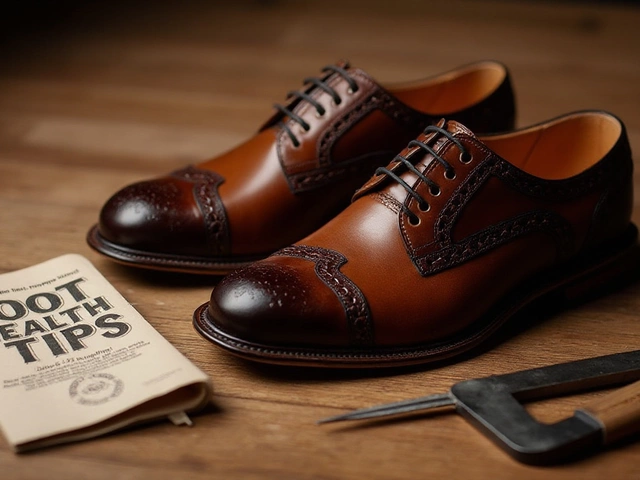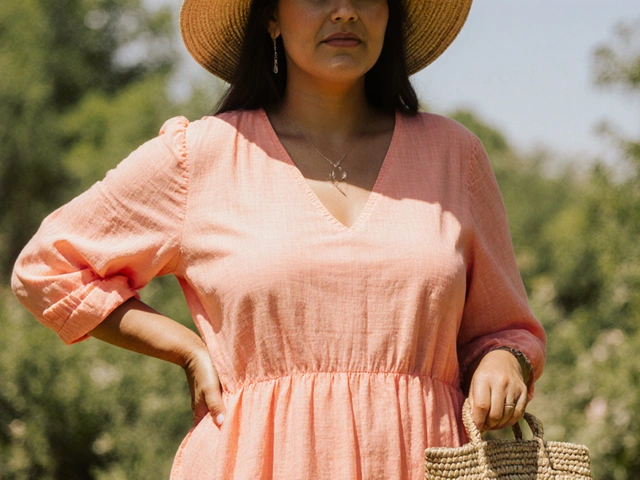How to Choose the Right Suit Color for Any Situation
Picking a suit color can feel overwhelming, but it doesn’t have to be. Think of it like picking a paint shade for a room – you want something that fits the space, the mood, and your personal taste. Start with what you already wear: if you have a lot of dark shirts and shoes, a lighter suit will add contrast. If your wardrobe leans toward neutrals, a bold color can be a fun change.
Classic Colors That Never Fail
Black, navy, and charcoal are the go‑to choices for most events. Black works best for formal evenings and black‑tie affairs. Navy is a safe bet for business meetings, dates, and daytime weddings because it feels professional without looking stiff. Charcoal sits between the two – it’s formal enough for the office and relaxed enough for a dinner out. These shades pair easily with almost any shirt, tie, and shoe combo.
Adding Personality with Less Traditional Hues
If you want to stand out, try deep greens, rich burgundies, or even a muted teal. These colors still keep a classic vibe but add a pop of personality. Pair a forest‑green suit with a crisp white shirt and brown loafers for a polished look that isn’t boring. For a summer event, a light grey or sand‑colored suit feels breezy and modern, especially when matched with pastel shirts.
Season matters, too. Darker shades absorb more heat, so they’re best for fall and winter. Lighter tones reflect sunlight, making them comfortable in spring and summer. If you’re buying off‑season, think about the climate of the places you’ll wear the suit most often.
Fit is just as important as color. A well‑tailored suit in a less popular shade can look sharper than a perfect fit in a common color. Choose a reputable tailor or a brand that offers minor adjustments. Simple changes like shortening sleeves or taking in the waist can make a huge difference.
Finally, don’t forget accessories. Pocket squares, ties, and shoes can either tone down a bold suit or elevate a classic one. A navy suit with a burgundy tie and brown shoes creates a balanced look that feels intentional. Experiment with textures – a tweed jacket in a muted hue adds depth without clashing.
Bottom line: start with the basics, add a splash of personal style, and always check the fit. With these steps, you’ll feel confident in any suit color you choose.

What Colour Suit is Most Attractive? Real Answers for Men
Ever wonder what color suit grabs the most attention? This article breaks down the science, psychology, and real-world experiences behind which suit shades stand out—and why. You’ll get practical examples and see what works for different occasions. Plus, you’ll know what to avoid if you want to look sharp and confident. Find out how a simple color choice can seriously boost your style game.




